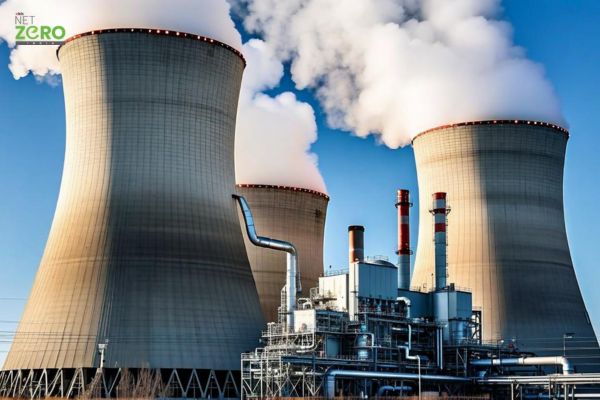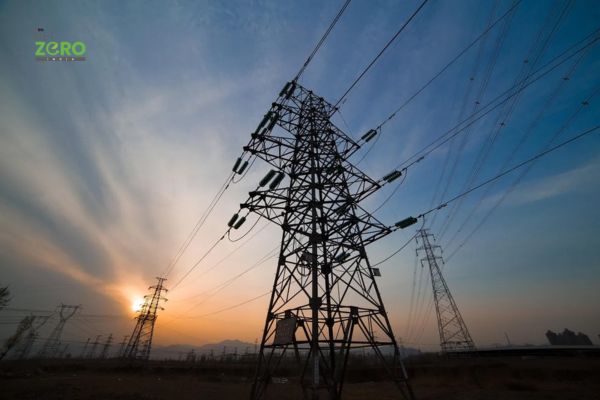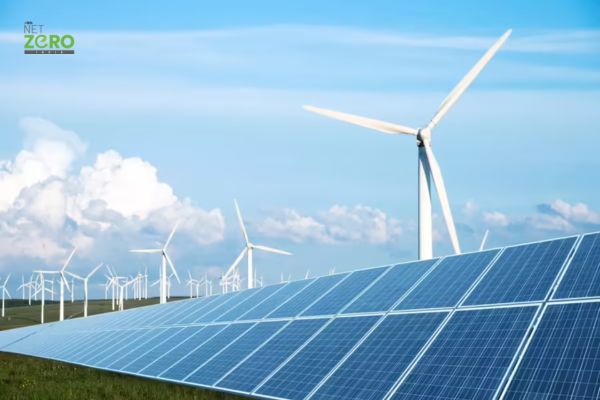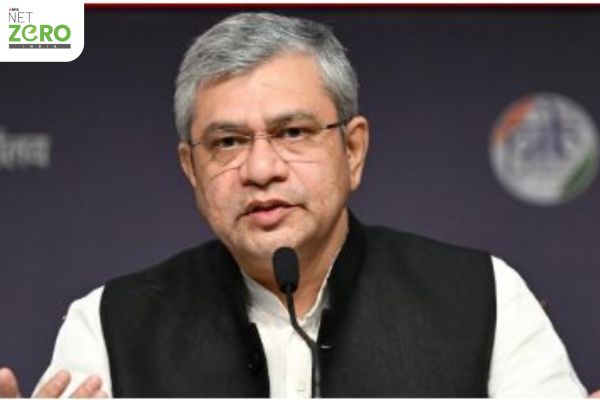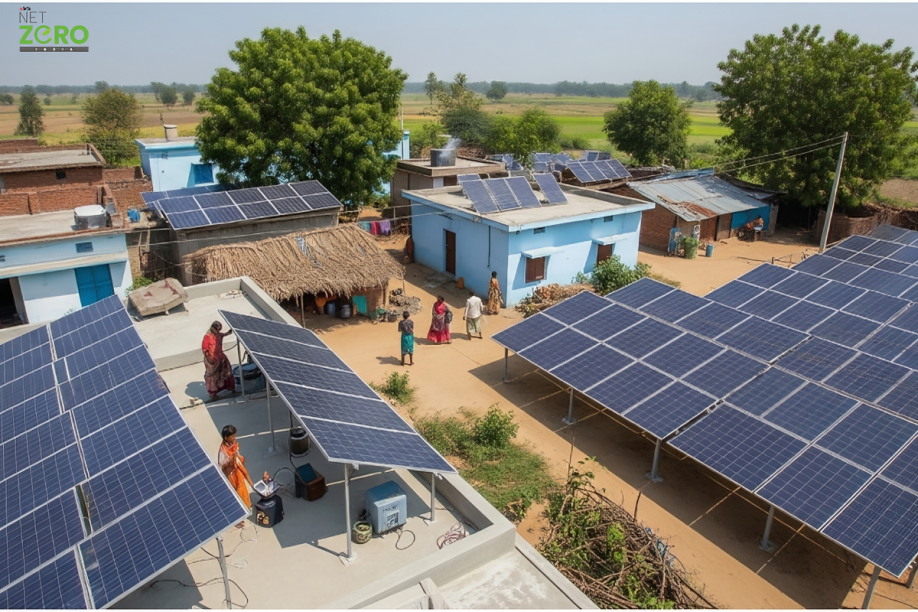
The Government of Bihar has launched the Bihar Renewable Energy Policy 2025, a comprehensive framework aimed at transforming the state’s energy landscape through accelerated adoption of clean and sustainable energy sources. This policy replaces the earlier 2017 version and outlines a robust roadmap for achieving 23.968 GW of renewable energy capacity and 6.1 GWh of energy storage by the end of fiscal year 2029–30.
The policy, developed by the Energy Department with Bihar Renewable Energy Development Agency (BREDA) as the nodal agency, is in alignment with India’s national renewable energy targets and the global Net Zero commitment by 2070. It focuses on utility-scale, distributed, off-grid, and energy storage projects, covering technologies such as solar, wind, biomass, hydro, waste-to-energy, green hydrogen, and geothermal.
Key provisions of the policy include time-bound annual targets across multiple renewable technologies. For example, solar energy will see major expansion through solar parks, floating solar, agrivoltaics, and canal-top installations. Wind and waste-to-energy projects are also being encouraged, alongside battery and pumped hydro storage.
To boost investor participation, the state has introduced a series of incentives:
- 100% exemption from electricity duty for 15 years for open access and captive consumers.
- 100% SGST reimbursement on renewable project materials for 5 years.
- Exemption from transmission and wheeling charges for intra-state power use for up to 15 years, extended to 20 years for projects with energy storage.
- Stamp duty and land conversion fee waivers, and deemed industry status for all RE projects under the state industrial policy.
The policy also introduces Single Window Clearance, ensuring all approvals are processed within 60 days, and mandates a must-run status for all RE projects. It also encourages virtual and group net metering, introduces a green tariff mechanism, and mandates solar integration in large residential and commercial buildings.
In a pioneering move, the policy promotes RE-based EV charging stations, offering government land at 50% concession for the first 1000 units or 50 MW, and 25-year transmission charge waivers.
The state will also establish a Bihar Renewable Energy Development Fund (BRDF) to finance incentives, infrastructure development, and R&D. BREDA will lead efforts in innovation, including the establishment of a dedicated R&D centre and district-level Bihar Akshay Urja Kendras to support awareness and skill-building.
Bihar’s new policy reflects a strong commitment to sustainability, economic growth, and rural empowerment through clean energy adoption. With clear implementation frameworks and institutional mechanisms, the policy is set to play a crucial role in Bihar’s low-carbon future.
Be a part of Elets Collaborative Initiatives. Join Us for Upcoming Events and explore business opportunities. Like us on Facebook , connect with us on LinkedIn and follow us on Twitter, Instagram.
"Exciting news! Elets technomedia is now on WhatsApp Channels Subscribe today by clicking the link and stay updated with the latest insights!" Click here!





